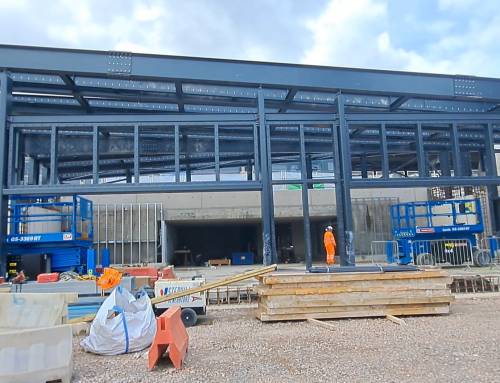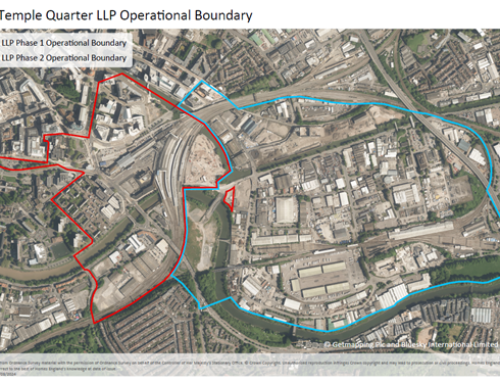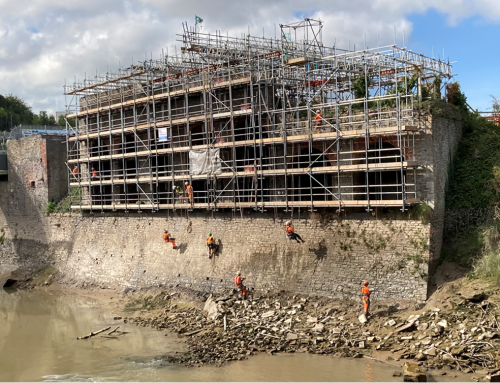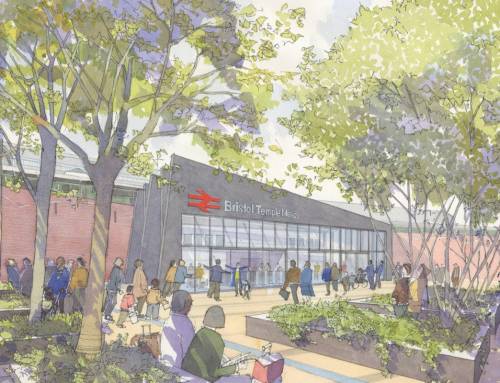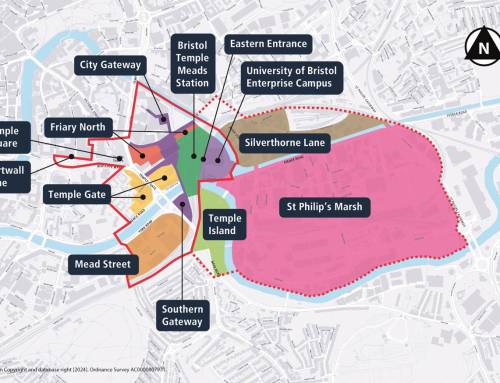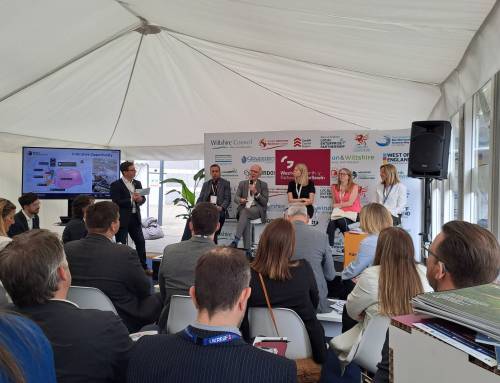Engine Shed, a collaboration between Bristol City Council, the University of Bristol and the West of England Local Enterprise Partnership, is an enterprise hub at the heart of the Enterprise Zone. It sits at the core of the Zone’s hi-tech community, providing workspace for a range of companies working in the sector. It is also home to Webstart, a business incubator based on the model of the highly successful Y Combinator in the US. We spoke to Mike Jackson, founder of Webstart, to get a bit more information about how it works.
Business age: Webstart was set up in January 2014.
How would you explain Webstart to someone who’s never heard of it? Webstart is an incubator for local, early stage web and app start-ups, motivated by the goal of supporting the local tech start-up community by providing investment and business support. Webstart crowd-funds investment via Seedrs, and all investors get a stake in each of the new businesses in the cohort they fund – but they don’t know what those businesses are before they’ve pledged the funding.
How many businesses are supported in each Webstart cohort and how many people make up Webstart’s core support team? We have supported 25 companies over the last two years. The first two intakes were of 10 start-ups, but we learnt from past experience that smaller groups had the potential to work better. As a result, our current group is made up of 5 companies.
I am the main advisor at Webstart but we have a wide variety of mentors that work with us ad-hoc, based on the needs of the businesses being incubated.

Mike Jackson, founder of Webstart
What do you look for in applicants? We’re different from the majority of tech incubators in two ways: we don’t require applicants to have any technical knowledge and we will take on single founders. What we look for in applicants is entrepreneurial ability and a clear business idea. We will consider applications from founders who have got no further than having that idea to those who have spent a year bootstrapping their company.
We have also been trying to tackle the paucity of female entrepreneurs in the tech space by actively seeking female-led start-ups. I think it’s important to have female role models in the tech space because they make up a very small proportion of current entrepreneurs. In Webstart’s first cohort, there were 2 female-led start-ups; in the second, there was one female co-founder. In the current cohort of five businesses, there are three female-led start-ups and one female co-founder.
What are your biggest success stories so far? We have 467 investors and have funded 25 companies since January 2014. We keep in touch with all of them. These companies have raised £1.2million further investment since being part of Webstart, and only 8 have closed down.
Will there be a 2016 programme? Yes, but it will be a bit different. Currently, Webstart has a classically broad mix of businesses, which makes it difficult to fully support them. In 2016, we will become a ‘vertical’ incubator – one that focusses on a particular topic.
The topic we’ll be focussing on is digital health – it’s an emerging topic and market, and deals with big and important issues. Currently, there’s not many companies making a big splash or a lot of money in the area, but Bristol and Bath have a natural cluster of early stage digital health companies and a strong NHS culture: perfect ingredients for emerging businesses in the area. We’ll be releasing more details and accepting applications before the end of this year.
Why did you choose to base Webstart at Engine Shed? Engine Shed is a place where high growth, high tech businesses can come together, meet each other, meet investors and meet advisors. There was no such place before Engine Shed, and it’s currently the only place in Bristol where this happens.
The location is also important. Being so close to Temple Meads means easy access to London-based capital. We didn’t expect it, but that’s turned out to be one of the most important factors in Webstart’s success.

Webstart working at Engine Shed
What developments would you like to see in the area in future? The provision of flexible, follow-on growth space for rapidly growing businesses. The Engine Shed II project will hopefully provide this
Finally, describe Webstart in 3 words.
Innovation, support, growth.
Find out more about Webstart by visiting their website, follow them on Twitter, Flipboard and LinkedIn.



